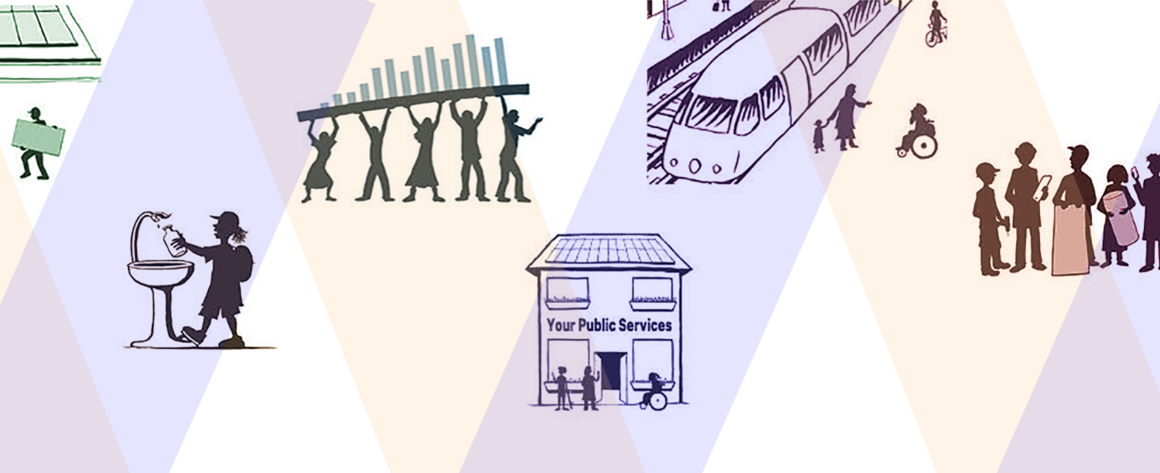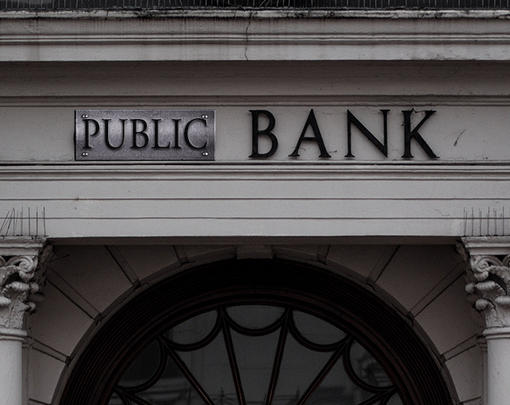A flourishing and prosperous society that works for all, not just a privileged few, requires a foundation of universally accessible goods and services. For generations, this concept appeared to be gaining traction in the UK and around the world. Popular demand and tireless organising led to the introduction of education, healthcare, and other universal services, as well as infrastructure and facilities that were publicly owned and accessible to all.
However, in recent decades these gains have been under attack. The neoliberal experiment holds universalism and public ownership in contempt. It envisions a world in which the market is embedded in every aspect of people’s lives and everything is a commodity to be bought and sold. As part of this experiment, some public services have been dismantled and sold off to the private sector. Others have seen steep rises in user fees and means testing for access. The results have been both predictable and devastating. Rising economic and social inequality, entrenched poverty, deteriorating infrastructure, and environmental devastation to name but a few.
People are increasingly fighting back against this failed experiment. Goods and services that have been privatised are being brought back into public ownership in cities and countries around the world; and the public sector is advancing into new areas (for instance, high-speed internet provision in the United States).
The Labour Party is at the forefront of this global movement. In the 2017 manifesto and its Alternative Models of Ownership report, the party committed to democratic public ownership in a variety of sectors, including the post office, banking, water, energy, and transportation, as well as cooperative and other forms of mutual ownership. In his speech September 23, John McDonnell has taken the next step and announced the Labour Party’s commitment to the concept of Universal Basic Services.





